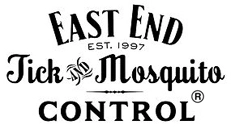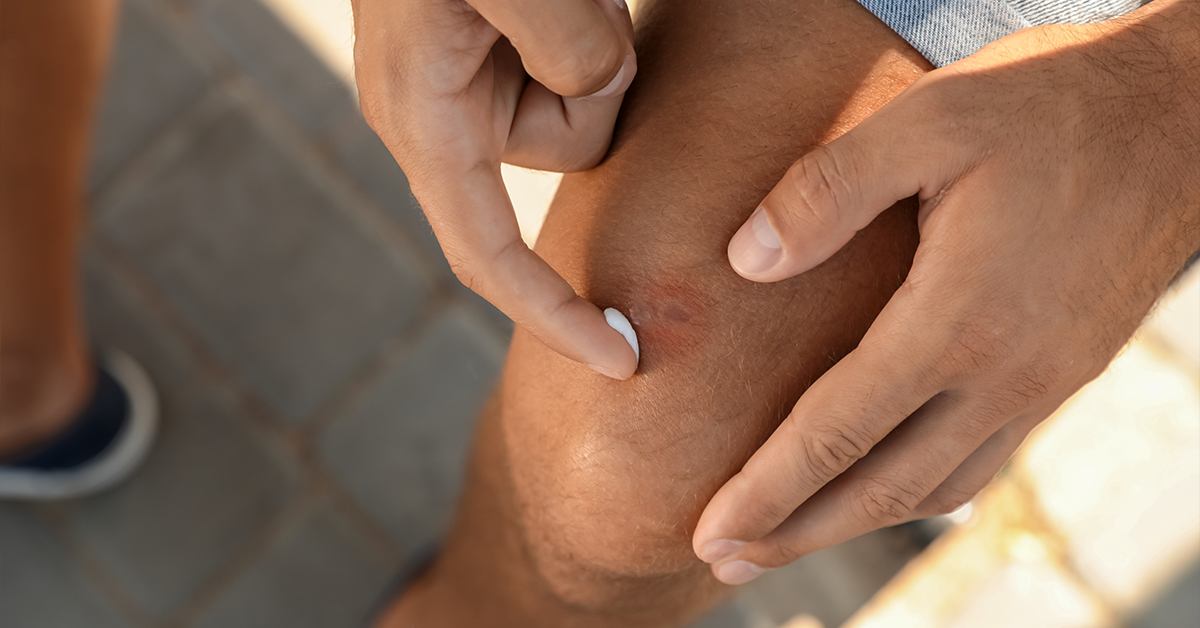Where there are bugs, there will be bug bites and stings. With warmer weather right around the corner, we’ll soon see an increase in the number of bites, stings, and other less-than-pleasant human-bug encounters.
Luckily, most of these are nothing more than an annoyance – causing minor itching or discomfort. But some may require treatment at home or from your medical provider.
What Is the Best Treatment for Bug Bites?
Optimal bug bite treatment depends on what type of bug it was that bit you. If possible, identify the culprit so you can watch for complications that can arise from that sort of bite.
If you are bitten by a stinging insect, remove any part of the stinger that remains in your skin. If the bite is from a tick that is still attached, remove carefully and save it in a plastic bag or container in case you need to seek medical care.
After any kind of bug bite, wash the area with soap and water. Then apply ice or a cold compress to reduce swelling. Raising the affected area for 10-15 minutes also helps minimize swelling.
If the bite itches or swells, apply an over-the-counter hydrocortisone ointment – or a more traditional remedy like witch hazel or calamine lotion. In a pinch, you could use old-fashioned home remedies like baking soda, vinegar, oatmeal, or toothpaste to reduce bug bite swelling and itching… but these aren’t as effective as commercially available products designed specifically for this purpose. An over-the-counter oral antihistamine may also help reduce itching, swelling, and symptoms of mild allergic reactions.
To decrease the risk of infection, avoid scratching the affected area – especially when the bite contains fluid.
What Helps Bug Bites Go Away Faster?
The best way to ensure that a bite heals quickly is to address it immediately and avoid irritating (or contaminating) the affected area. This will help prevent inflammation and infection while ensuring nothing prevents prompt healing. Be sure to keep an eye out for allergic reactions or additional complications.
When Should I Be Worried About a Bug Bite?
Most bug bites are harmless and heal quickly, but it’s important to be on the lookout for signs that your bite may be causing an allergic reaction or becoming infected. If you’re bitten by a mosquito or tick, you’ll want to watch for signs of diseases carried by these sometimes-deadly pests.
An allergic reaction to a bug bite can result in hives, excess itching or swelling around the bite, difficulty breathing or swallowing, swelling of the tongue or throat, or vomiting, nausea, and abdominal cramping. Anaphylaxis – which is a severe reaction to a bite – may result in dizziness, a sharp drop in blood pressure, fainting, or even cardiac arrest. This can occur up to an hour after a bite and is an emergency that requires immediate medical attention. Treatment typically consists of antihistamines, corticosteroids, and epinephrine.
An infected bite may result in flu-like symptoms such as nausea, fever, chills, cold sweats, and swollen lymph nodes. Other signs of an infection are swelling or redness around the bite, blisters or pus, or when the bite area becomes warm or painful to the touch. An infected bite can lead to cellulitis, a dangerous skin condition that requires treatment with antibiotics.
Prevent Bug Bites Before They Happen
As the saying goes, an ounce of prevention is worth a pound of cure. Disease-carrying ticks and mosquitoes are responsible for a significant percentage of bug bites on Long Island. Prevent tick and mosquito bites by keeping your home pest-free with East End Tick & Mosquito Control®. Contact us at an East End location near you: if you’re in the Southampton area, call (631) 287-9700; in or around East Hampton, call (631) 324-9700; and near Southold, call (631) 765-9700. You can also contact us online for a free estimate.


